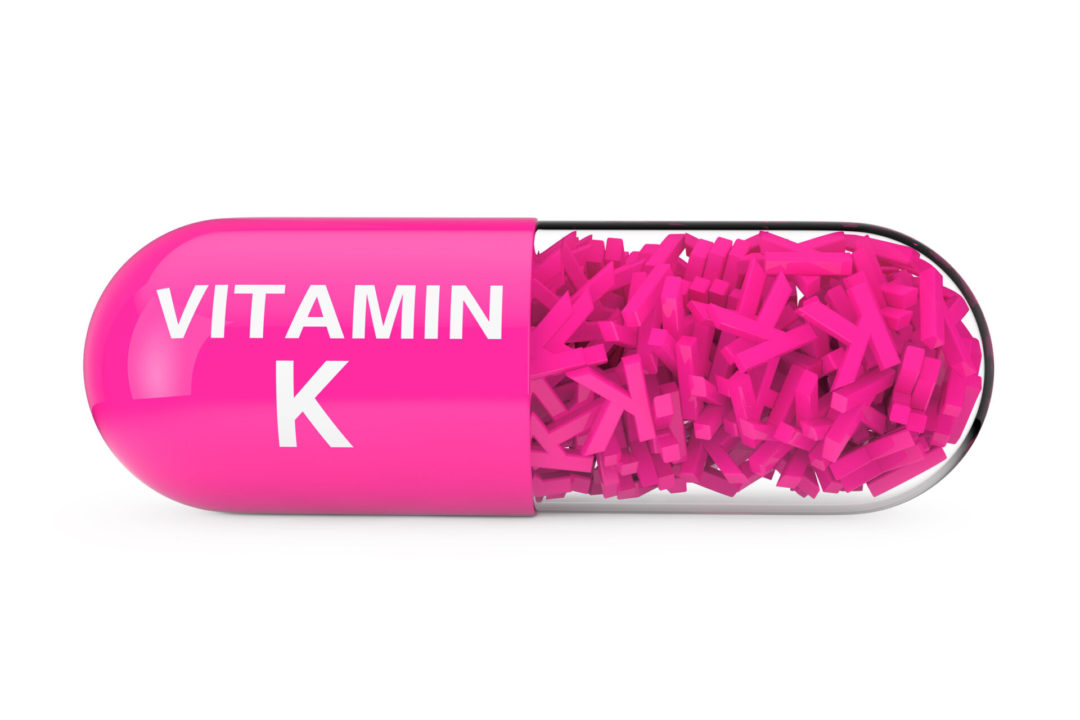Association of Vitamin K Insufficiency With Cognitive Dysfunction in Community-Dwelling Older Adultsis a large-population cross-sectional study conducted that looked out outcomes in 800 community-dwelling older adults. Researchers conducted a geriatric health examination, which included a Mini-Mental State Examination (MMSE) and a blood test to demonstrate the association of the concentration of undercarboxylated osteocalcin (ucOC) in serum (a biomarker for vitamin K insufficiency) with cognitive function. A press release from Gnosis by Lesaffre outlined key aspects of the study, noting that by using binary logistic regression analysis, the risk of cognitive impairment equivalent or below the mild cognitive impairment level for each tertile of ucOC was examined, with the lowest tertile as the reference.
The finding:There was a significant association of impaired cognitive function and concentration of ucOC in the highest tertile of ucOC, with the odds ratio of 1.65 (95% CI, 1.06 to 2.59, P= 0.028). When the analysis was repeated with each domain of MMSE score*, the highest tertile of ucOC was associated with impaired orientation, calculation, and language. According to Gnosis by Lesaffre, the finding was in line with the previous epidemiological studies, showing that lower vitamin K intake is associated with cognitive impairment.
“As far as we know," the researchers reported, "this is the first report on the significant association of single ucOC measurement and cognitive impairment. Our analysis also suggests that vitamin K insufficiency could be associated with selected categories of cognitive function. Since the single measurement of ucOC in serum is a simple and widely available method for vitamin K evaluation, it could be useful as a biomarker of neurodegenerative diseases affecting the cognitive functions.”
These latest results are supported by another study that assessed two years of changes in dietary K intake with cognitive function measured through neuropsychological performance tests, according to Gnosis by Lesaffre. In that research, increased intake of dietary vitamin K was associated with better cognitive function scores, independently of recognized risk factors for cognitive decline, in an older adult Mediterranean population with high cardiovascular risk.
Gnosis by Lesaffre added that, while the latest study conducted in Japan looked at “vitamin K,” several studies have shown MenaQ7 Vitamin K2 as MK-7 improved K status as measured by ucOC, and these were done in healthy adult and child populations.
Related: New Research: Vitamin K2 Helps Lower Oxidative Stress, Increase ATP Production Review Illustrates Importance of K2 in Kids’ Health Review Paper Bolsters Effort to Petition for a K2-Specific RDI
“We have worked with world-renowned researchers—as NattoPharma and that work continues at Gnosis by Lesaffre—to confirm the safe and effective health benefits of MenaQ7 Vitamin K2 as MK-7. Elucidating the important mechanism of activating K-dependent proteins, including osteocalcin and Matrix Gla protein (MGP), was a foundational piece of that work,” said Dr. Hogne Vik, Chief Medical Officer with Gnosis by Lesaffre, in a press release. “Based on our research and the critical work that continues, we can hypothesize that K2 supplementation could prove beneficial in the brain development of children and support healthy brain function in adults.”Dr. Vik also noted that while Vitamin K2 as MK-4 has been noted as the main form of vitamin K in the brain, “it is important to mention thatin-vivo research supports that supplementation with K2 as MK-7 increases MK-4 content in the brain tissue."
* Explanation of MMSE: The maximum MMSE score is 30 points. A score of 20 to 24 suggests mild dementia, 13 to 20 suggests moderate dementia, and less than 12 indicates severe dementia. On average, the MMSE score of a person with Alzheimer's declines about 2 to 4 points each year.










